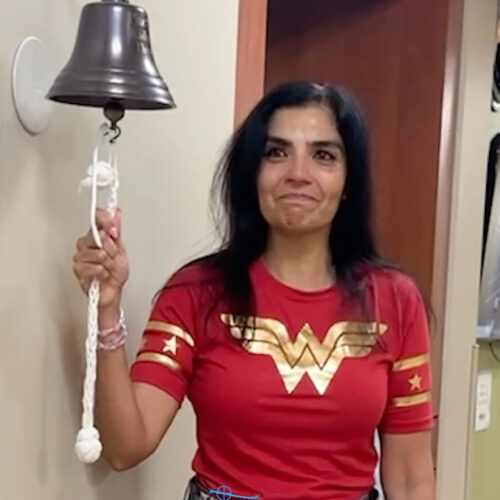
Your baseline, or “your great,” is essentially your unique version of good health. It includes things like your normal energy levels, sleeping patterns, appetite, and other physical and emotional rhythms. Once you understand what is typical for you, you can more easily identify small changes that might otherwise go unnoticed.
Detecting a deviation from your normal baseline is the first crucial step in DetecTogether’s 3 Steps Detect early cancer detection action plan. Many diseases start with subtle and easy-to-dismiss symptoms, but these small changes may be clues. Knowing your baseline empowers you to act on early warning signs and take proactive steps to protect your health.
How to Start Tracking “Your Great”
Consider the following steps to familiarize yourself with your baseline. They don’t need to be complicated; simple awareness can make a significant difference.
- Tune in to Your Body—Take a few moments each day to check in with yourself. Notice how you feel physically and emotionally. Are you more tired than usual? Are you experiencing any aches or discomfort? You’ll build a mental record of what’s expected and consistently assess these factors.
- Keep a Health Journal—Write daily reflections on your physical and mental state, noting any patterns over time. Journaling can be as simple as a few bullet points about your energy, mood, digestion, sleep quality, or anything else that feels relevant. This record can be an invaluable reference point if you start noticing changes.
- Note Your Exercise and Rest Patterns—Log your usual activity levels and how much rest you need to feel well. If you notice persistent fatigue despite getting adequate rest or suddenly struggle with activities you could previously handle, this change is worth discussing with a doctor.
- Monitor Your Appetite, Bathroom Habits, and Digestion—Small, consistent shifts in appetite, bathroom habits or digestion can sometimes signal an underlying issue. Knowing what is typical for you can help you recognize when something feels unusual.
- Check Your Mood and Mental Clarity—Emotional and cognitive shifts can also reflect health changes. If mood, anxiety, or foggy-headed experiences persist, it’s worth talking with your doctor. Consistently feeling different from your baseline mental state may indicate a need for further attention.
- Be Open About Your Observations—Share your baseline and any concerns with a trusted family member or friend who can help hold you accountable and keep an eye out for changes you may not notice. They can also be valuable ally when communicating with healthcare providers.
Getting in touch with “your great” isn’t about being overly cautious or anxious; it’s about equipping yourself with skills and peace of mind.
Recognizing your baseline allows you to advocate for yourself and seek medical advice when necessary without second-guessing. Your baseline is as unique as you are– make it your goal to know it, honor it, and protect it. By understanding “your great,” you’re taking a vital step toward a longer, healthier life.






